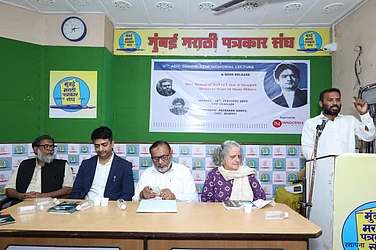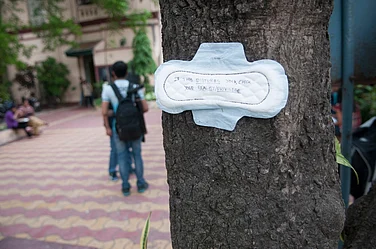Comparing a wife with other women and constantly taunting her for not being a spouse of his expectations amounts to mental cruelty by a husband and the woman cannot be expected to put up with such conduct, the Kerala High Court has held.
The ruling by the high court came while dismissing a man's appeal against a family court order dissolving his marriage after nearly 13 years of separation from his wife.
While the family court had dissolved the couple's marriage on the ground of non-consummation, a bench of Justices Anil K Narendran and CS Sudha modified it by holding that the marriage stands dissolved on account of mental cruelty by the husband as provided under the Divorce Act of 1869.
The bench said, "The constant and repeated taunts of the respondent/husband that the petitioner is not a wife of his expectations and the comparisons with other women etc. would certainly be mental cruelty which a wife cannot be expected to put up with."
It came to this conclusion based on the pleadings, testimony of the wife and her mother and an email purportedly sent by the husband from her personal email id to her official email id expressing his expectations of a life partner and giving her instructions on how to conduct herself in their relationship.
The bench said that the pleadings in the case "make out a case of studied neglect and indifference on the part of the respondent (husband) towards the petitioner (wife)".
"The allegations also make out a case that the respondent did not engage in coitus with the petitioner as he did not find her physically attractive," it added.
The high court further said that the husband's conduct was not an outcome of the normal wear and tear of family life as the couple cohabited for a short period of time and the marriage did not seem to be consummated either, "though the evidence does not satisfy that ground".
The bench also noted that in the instant case, the marriage was solemnized in January 2009 and the petition for dissolution of marriage was filed in November of that same year.
Furthermore, going by the materials on record, the couple appear to have been together for hardly a month or so and they continue to be separated and are hotly contesting the matter, the high court noted.
It also said that from the facts and circumstances of the case and the evidence on record, the couple did not appear very keen on consummating the marriage.
"The parties were quite young, i.e., the petitioner was 26 years old and the respondent 29 years, when their marriage was solemnized and later when the original petition was moved. No intimacy or emotional bond seems to have developed between the parties pursuant to the marriage.
"In the instant case, the matrimonial bond between the parties seems to be beyond repair. The marriage between the parties is only in name. The marriage has been wrecked beyond the hope of salvage, public interest and interest of all concerned lies in the recognition of the fact and to declare defunct de jure what is already defunct de facto," the bench said.
It said that to keep up this sham would be "conducive to immorality and potentially more prejudicial to the public interest than a dissolution of the marriage bond".
With these observations, the high court dismissed the man's appeal and upheld the family court order dissolving the marriage, but modified the ground for the same from non-consummation to cruelty.


























